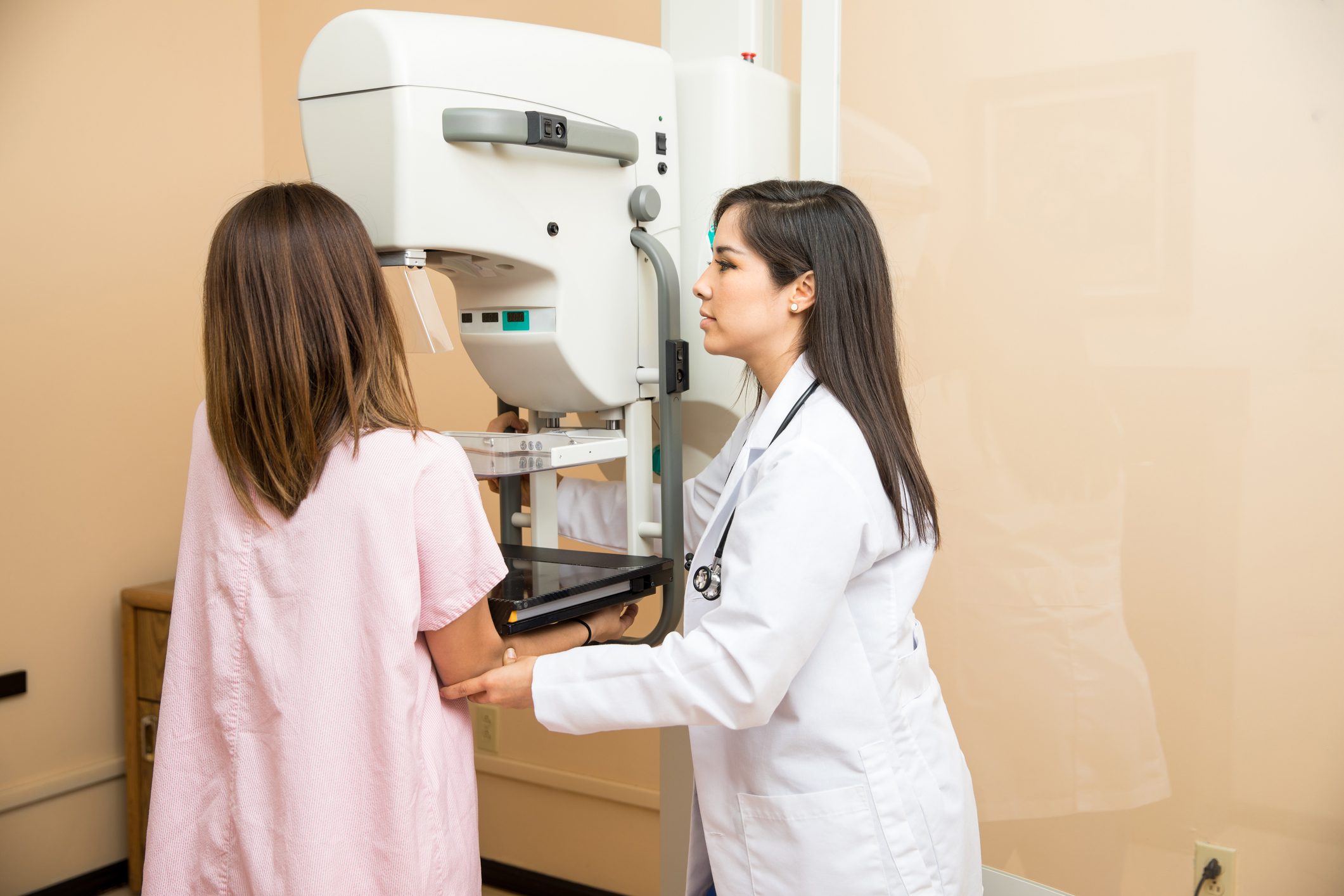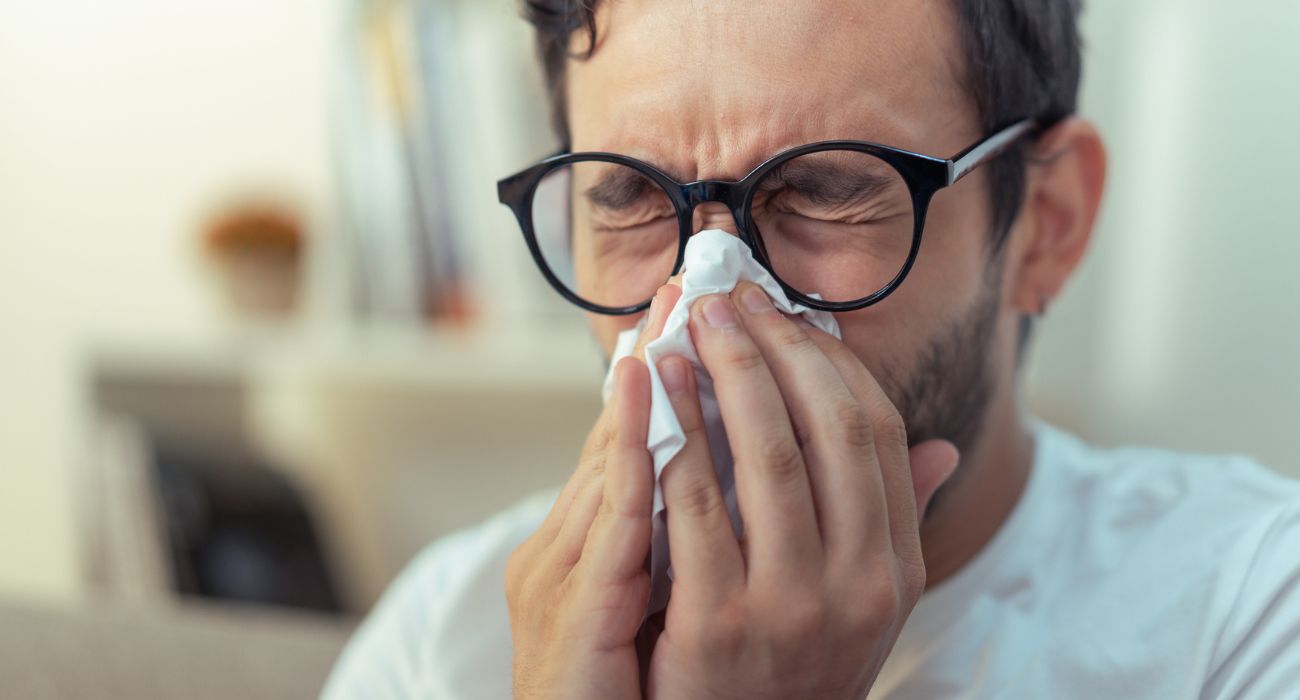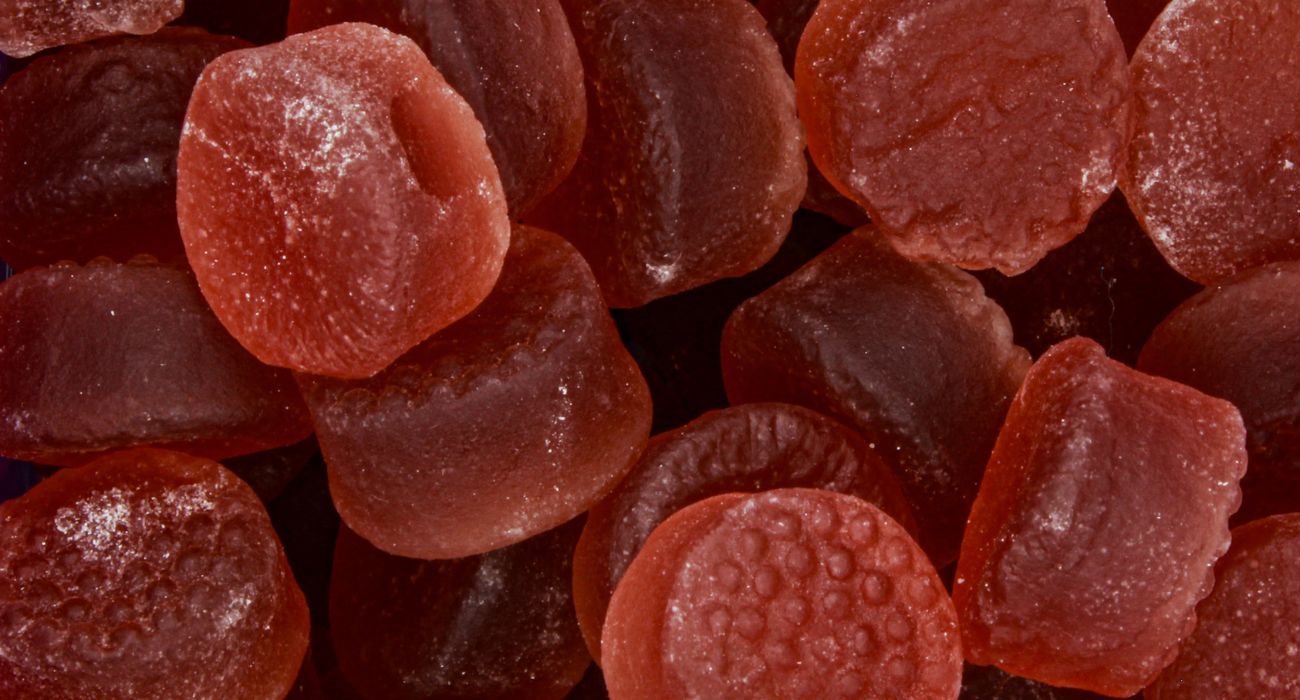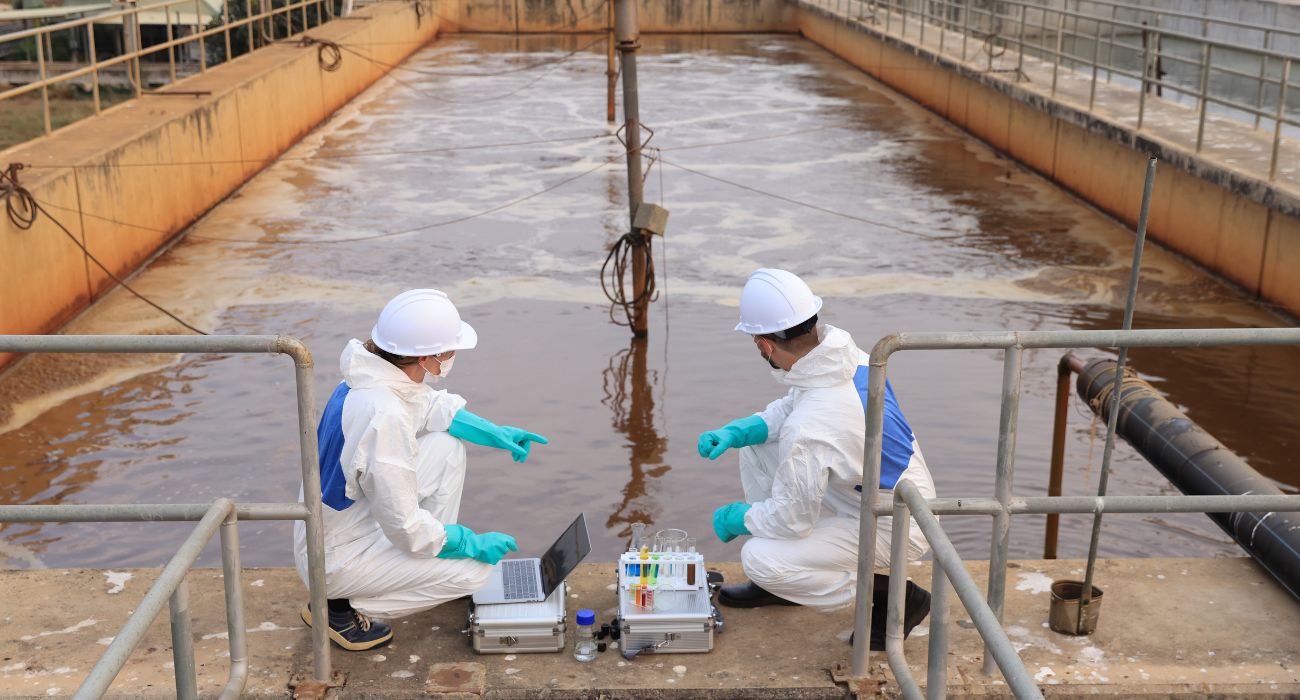Women who have been vaccinated for COVID-19 are more likely to experience a positive screening mammogram, according to a Dallas-area physician.
“It’s a known side effect of the vaccine that it can cause axillary adenopathy,” said Dr. Rachel Warren, a breast surgeon at Medical City Dallas. “In the beginning, we didn’t know that one hundred percent. It wasn’t something we were able to completely correlate until more and more people were vaccinated.”
Axillary adenopathy presents as a lump when lymph nodes grow or swell in size.
“It’s variable how long the lymph nodes are enlarged but we usually expect it to resolve in a few months,” Warren told Dallas Express.
Enlarged lymph nodes in the armpit and other places are just one side effect of the vaccine that has prompted concern. Young men are at a higher risk for heart inflammation after being vaccinated against the coronavirus, according to media reports.
Warren became aware of the reaction to the vaccine after early adopters were immunized a little more than a year ago.
“It tends to develop on the side where the vaccine was administered,” she said. “It’s now a common question that the imaging centers will ask the patient if they’ve had the COVID vaccine and on what side of their body.”
As of Oct. 20, some 17.5 million Texans or 60% statewide have received at least one vaccine dose and, overall, 15.2 million or 52% have been fully vaccinated, according to USA Facts.
But despite the risk for a false positive, Warren does not recommend delaying breast cancer screening mammograms.
“We were initially recommending women wait three to four months after they’ve had the vaccine to get their screening mammogram but we’re not saying that anymore because not everyone will get axillary adenopathy,” she said.
For those who do experience a positive screening mammogram, additional testing is recommended.
“A potential false positive may lead to an individual getting an ultrasound and potentially a biopsy,” Warren said in the interview.
Nationwide, breast cancer screenings are on the rise after having dropped 87% in April 2020 compared to the previous five years, according to CDC statistics.
“Women are feeling safe to go out into public and have their normal exams by their physicians, including their screening mammograms,” Warren said. “A lot of different physicians have been encouraging people to continue with their routine screening. So, I think those two things have definitely caused a sharp rise in the number of new patients that we’re seeing in the last six months.”
While October is Breast Cancer Awareness Month, the fall is a common season for people to get their yearly screening mammograms with the end of the year tending to be the busiest overall, according to Warren.
“We originally saw delays in routine checkups during the pandemic causing breast cancer, in some cases, to be diagnosed at a progressed stage,” she added. “We are pleased to see this trend is beginning to reverse as women return to scheduling routine and potentially life-saving mammograms.”






